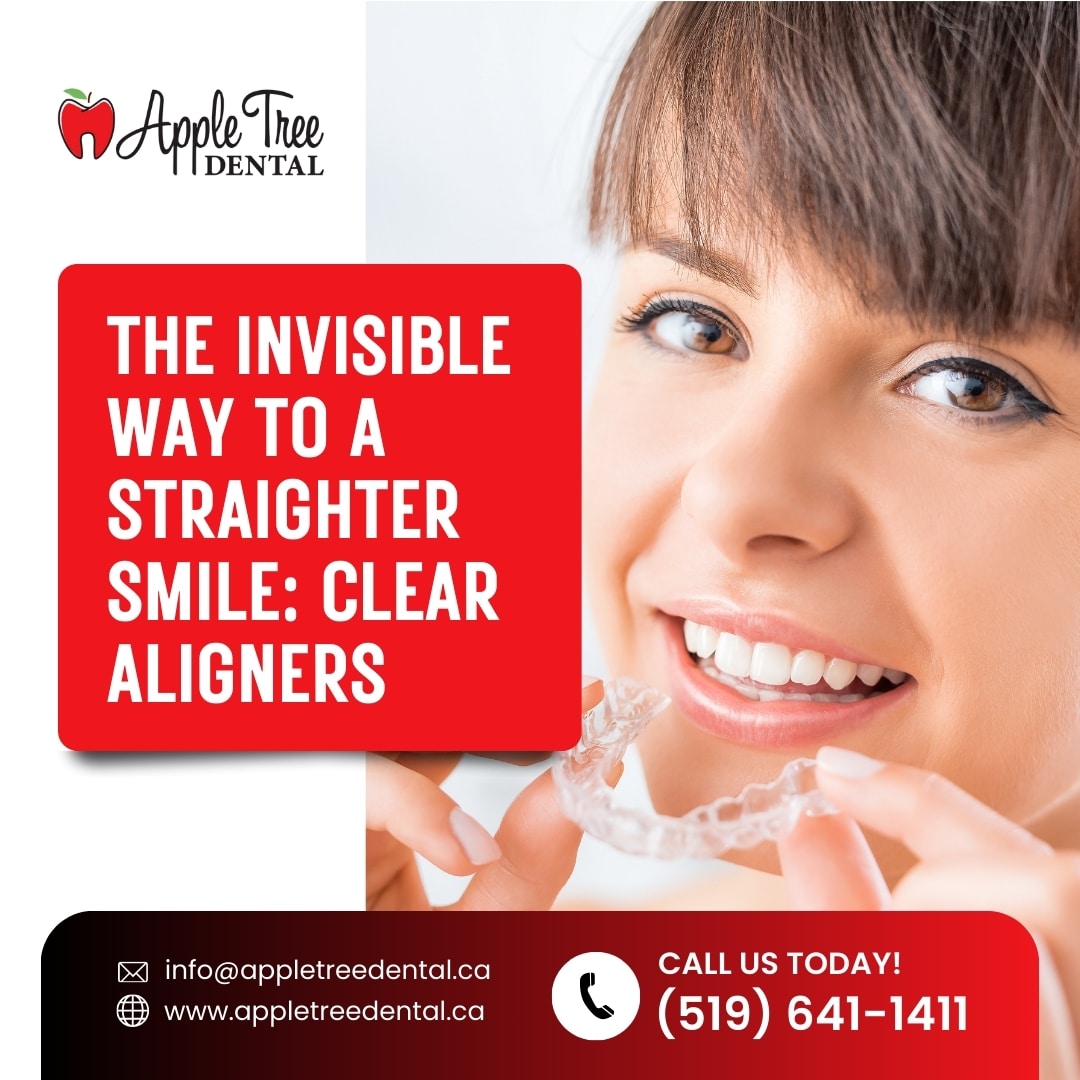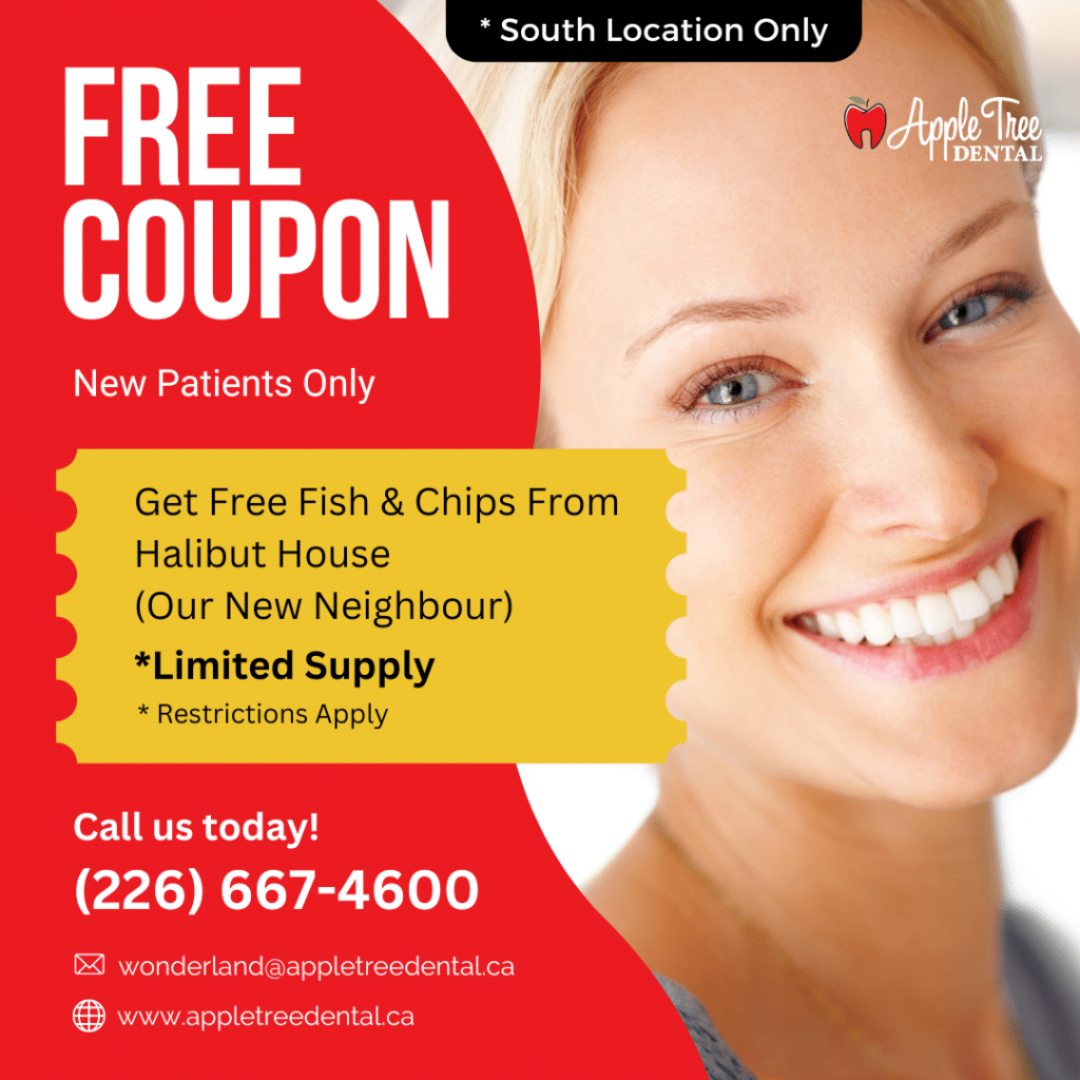Blog
The Right Diet For Your Teeth
Introduction:
We have compiled this article on “The Right Diet For Your Teeth”. The reference links are at the bottom of the article.
[1]You’ve probably heard the saying, you are what you eat; well that’s particularly true for your teeth and gums. Those starchy or sugary foods we love are also loved by the bacteria in your mouth that can cause tooth decay and gum disease.
The difference between a healthy smile and frequent visits to the dentist has a lot to do with your diet. Even with a good oral hygiene routine (brushing twice a day, flossing once a day), it can still be hard to keep your teeth healthy over the long term.
Eating a variety of nutrient-rich foods from all food groups promotes healthy teeth and gums. This means maintaining a balanced diet of fruits, vegetables, protein foods, calcium-rich foods, and whole grains for a healthy smile as well as a healthy body.
So, which foods are best for teeth and gum health?
Some of the best foods for healthy teeth are fresh fruits and veggies because of their high nutritional value and added teeth-cleaning benefits. Then, there are calcium-rich foods, such as low-fat or fat-free milk, yogurt and cheese, fortified soy drinks, tofu, canned salmon, almonds, and dark green leafy vegetables that help promote strong teeth and bones. Chewing on crunchy foods gets the saliva going, which along with water, helps to wash away plaque-causing bacteria and food particles.
[2]Best Foods And Drinks For Healthy Teeth, Gums, And Whole Body
Cheese, Milk, And Yogurt
Cheese is one of the best foods for healthy teeth for a number of reasons. First, it is low in sugar and high in calcium. It contains casein, which is a protein that is particularly useful for fortifying tooth enamel. Cheese is high in calcium, which is important for maintaining bone density. Cheese is also high in phosphate content, which helps balance pH levels in the mouth, which helps to preserve tooth enamel. Another great reason cheese is a friend to our teeth is that chewing it increases saliva production, which helps to wash away bacteria in the mouth.
Aside from good old-fashioned fluoridated water, milk is the best drink when it comes to your teeth. It’s rich in calcium and other important elements. Milk, like cheese, also lowers the acid levels in the mouth, which helps fight tooth decay.
Yogurt is packed with calcium and probiotics that protect you against cavities, gum disease, and even bad breath.
Water
Water is unlike any other drink, and is by far the healthiest drink available. Our bodies are made of 60% water, and staying hydrated helps your system distribute healthy nutrients, gets rid of waste, gives your skin a healthy glow, and keeps your muscles moving. And drinking water really helps your teeth stay healthy – especially if it’s fluoridated. Drinking water with fluoride, which is “nature’s cavity fighter,” is one of the easiest and most beneficial things you can do to help prevent cavities. And, water helps wash away food particles and keeps your saliva levels high.
[3]Leafy Greens
Leafy greens typically find their way onto any healthy foods list. They’re full of vitamins and minerals while being low in calories. Leafy greens such as kale and spinach also promote oral health. They’re high in calcium, which builds the enamel on your teeth. They also contain folic acid, according to the Indian Academy of Sciences. Folic acid is a type of B vitamin that has numerous health benefits, including possibly treating gum disease in pregnant women, according to the International Journal of Health & Allied Sciences. If you have trouble getting leafy greens into your diet, add a handful of baby spinach to your next salad or throw some kale on a pizza. You can also try adding some greens to a smoothie.
Apples
While the ADA recommends steering clear of most sweet foods, there are some exceptions. Fruits, such as apples, might be sweet, but they’re also high in fiber and water. The action of eating an apple produces saliva in your mouth, which rinses away bacteria and food particles. The fibrous texture of the fruit also stimulates the gums. Eating an apple isn’t the same as brushing your teeth with toothpaste that contains fluoride, but it can tide you over until you have a chance to brush. Pack either a whole apple or apple slices in your lunch to give your mouth a good scrubbing at the end of the meal.
Carrots
Like apples, carrots are crunchy and full of fiber. Eating a handful of raw carrots at the end of the meal increases saliva production in your mouth, which reduces your risk of cavities. Along with being high in fiber, carrots are a great source of vitamin A. Top a salad with a few slices of raw carrot, or enjoy some baby carrots on their own.
Celery
Celery might get a bad reputation for being bland, watery, and full of those pesky strings, but like carrots and apples, it acts a bit like a toothbrush, scraping food particles and bacteria away from your teeth. It’s also a good source of vitamins A and C, two antioxidants that give the health of your gums a boost. Make celery even tastier by topping it with cream cheese.
Almonds
Almonds are great for your teeth because they are a good source of calcium and protein while being low in sugar. Enjoy a handful of almonds with your lunch. You can also add a handful to a salad or to a stir-fry dinner.
Along with adding more leafy greens, dairy products, and fibrous vegetables to your diet, pay attention to what you’re drinking. Since it has no calories or sugar, water is always the best pick, especially compared to juice or fizzy drinks. Your diet makes a big difference when it comes to a healthy smile.
Conclusion:
Thank you for reading this article, and check back frequently for other dental health articles. Should you have any questions, please contact Apple Tree Dental today!
Article compiled by Apple Tree Dental
Article reference links







